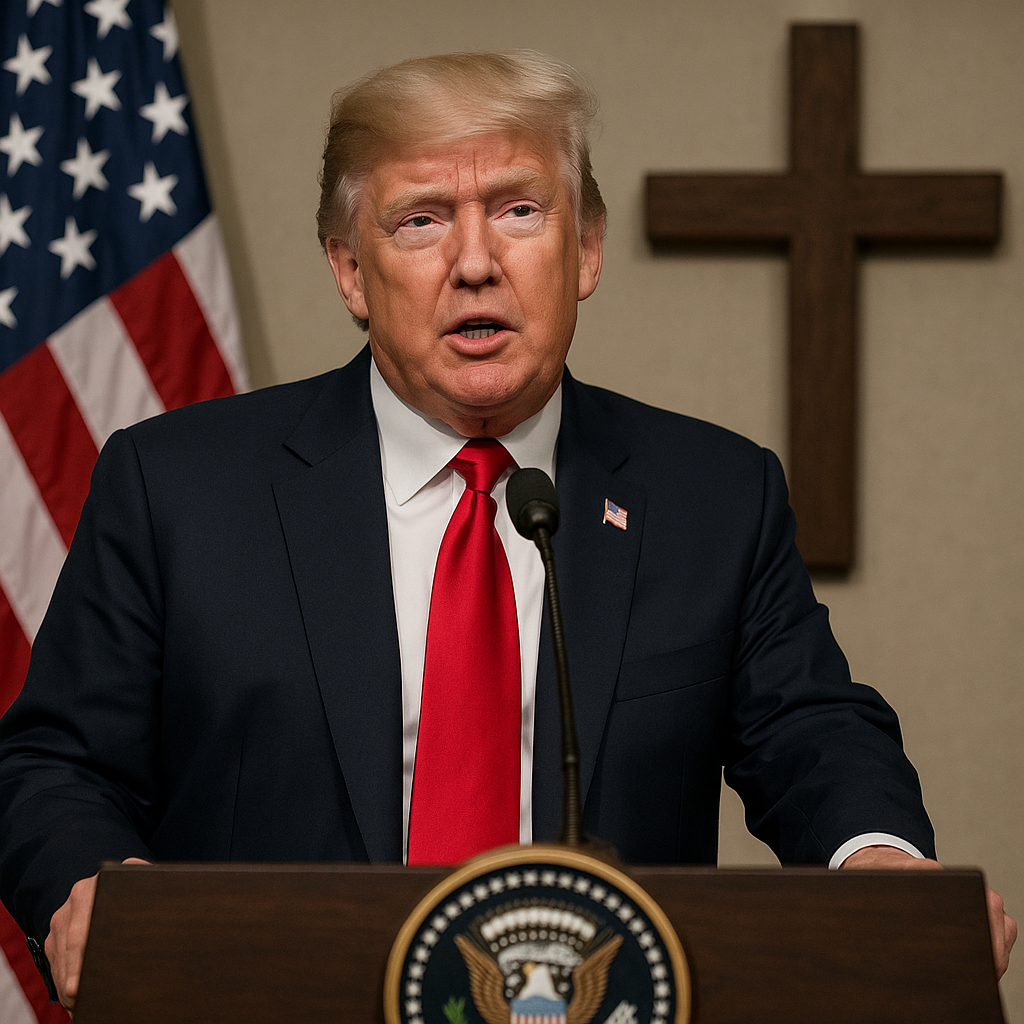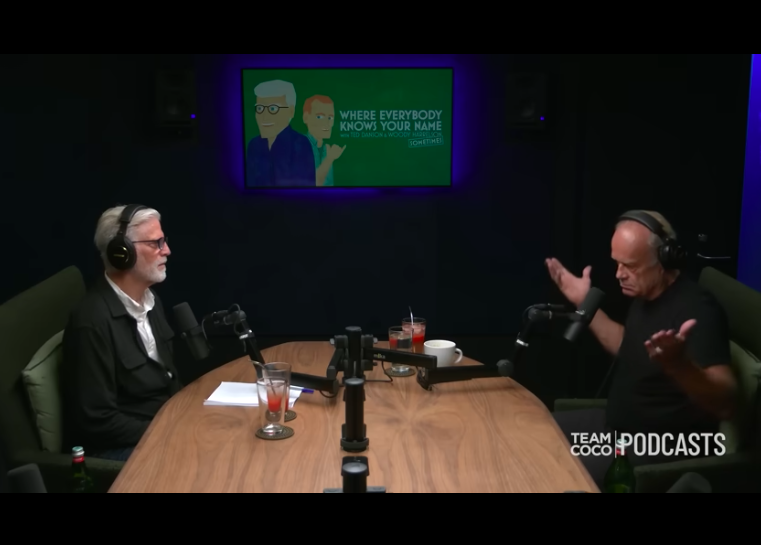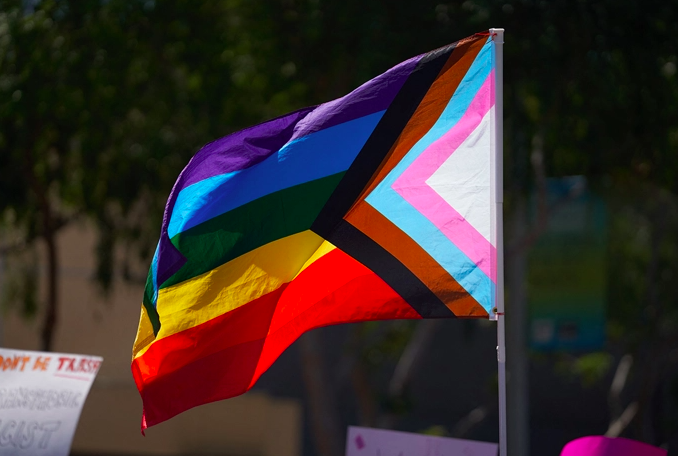Trump Administration Expands Religious Accommodation Protections for Federal Workers
In a significant move to bolster religious liberty across the federal workforce, the Trump administration has issued updated guidance reinforcing the rights of government employees to exercise their religious beliefs without fear of discrimination or retaliation. The updated directive, released by the Office of Personnel Management (OPM), marks a renewed emphasis on First Amendment protections and is being hailed as a major win for religious conservatives concerned about government overreach and increasing secular bias in public institutions.
OPM Director Kiran Ahuja, in collaboration with attorneys and officials from the Department of Justice, announced that the new guidance affirms the federal government’s obligation to accommodate religious beliefs and practices “to the greatest extent permitted by law.” The memorandum, distributed to agency heads across the federal bureaucracy, clarifies how religious accommodations should be handled and encourages agencies to engage in a cooperative and respectful dialogue with employees requesting such exemptions.
The updated language emphasizes that federal workers are not required to leave their faith at the door when they clock in. Employees can now more confidently request scheduling changes for religious observances, dress code exemptions for attire like head coverings or beards, and time off for prayer or holy days without fear of retribution.
Build Up Your Immunity Naturally! Be ready for the next pandemic.
Save 15% with promo code ‘SAVE” Check out GetZStack.Com
“The Trump administration is unapologetically defending the First Amendment rights of our federal workforce,” a senior official told Fox News Digital. “This guidance is part of a broader commitment to ensure that religious Americans are not second-class citizens when they go to work.”
The decision is rooted in legal precedent but also reflects a broader ideological commitment by the former president to restore religious freedom as a cornerstone of American civil life. During his time in office, President Trump consistently prioritized religious liberty in both domestic and foreign policy. The new guidance builds on that legacy, creating one of the strongest federal-level affirmations of religious freedom in recent memory.
The document specifically directs federal agencies to provide “reasonable accommodations” unless doing so would impose an “undue hardship” on the operations of the agency—a standard rooted in the Civil Rights Act of 1964 but often ignored or inconsistently applied in recent years. This lack of clarity has contributed to a growing number of complaints from religious workers who felt pressured to compromise their beliefs to comply with government mandates or internal policies.
“This new guidance is long overdue,” said Eric Thompson, a conservative political commentator. “For years, religious Americans have been subtly—or in some cases, openly—penalized for standing firm in their convictions. This move by the Trump administration helps level the playing field and protects the rights of people of faith in the federal workplace.”
Critics, predictably from left-wing advocacy groups and secular organizations, have expressed concern that the policy could lead to increased exemptions from “equity” or “diversity” mandates. However, supporters argue that it simply restores balance by ensuring that religious expression is not treated as a liability or viewed with suspicion by federal agencies.
“Too often, diversity programs tout tolerance while excluding religious viewpoints that don’t conform to secular progressive orthodoxy,” Thompson added. “This is about real inclusion—ensuring Christians, Jews, Muslims, and others of faith are not pushed into silence or self-censorship.”
The guidance also comes at a time when debates about religious expression in public life continue to intensify. From high-profile court battles over the rights of Christian business owners to school board controversies surrounding faith-based curriculum opt-outs, the tension between religious freedom and progressive social engineering has become a defining issue of the political landscape.
Legal experts expect the new policy to be tested in future cases, but most agree that it is grounded in well-established constitutional principles. The First Amendment’s guarantees of religious free exercise and non-establishment form the backbone of the U.S. approach to church and state. This guidance, far from introducing something new, seeks to ensure that these rights are actively honored and not treated as outdated or inconvenient.
Roger Severino, former Director of the Office for Civil Rights at the U.S. Department of Health and Human Services and a longtime religious liberty advocate, applauded the move. “This is about the government leading by example,” Severino stated. “If the federal government—the nation’s largest employer—cannot respect the religious beliefs of its own employees, it has no moral authority to advocate for human rights abroad.”
By drawing a clear line in favor of conscience rights, the Trump administration is making it clear that religious freedom is not negotiable. This is especially vital at a time when faith-based values are increasingly marginalized in the public square. For Christians and other people of faith working in federal service, this guidance offers a renewed assurance that their convictions will not be sacrificed for the sake of ideological conformity.
In the broader context of America’s culture war, this latest policy represents more than just a bureaucratic adjustment—it is a bold declaration that faith still matters in the workplace, in government, and in the life of the nation.
Keywords:
Trump religious protections, federal workers faith rights, religious accommodations, conservative religious freedom, OPM guidance Trump, First Amendment rights, Christian federal employees, religious liberty policy, faith in workplace, Trump religious liberty legacy






